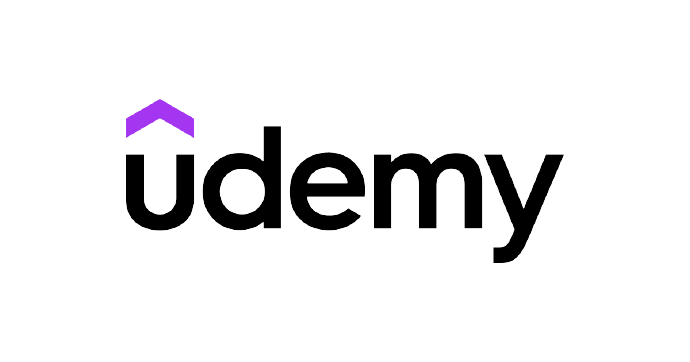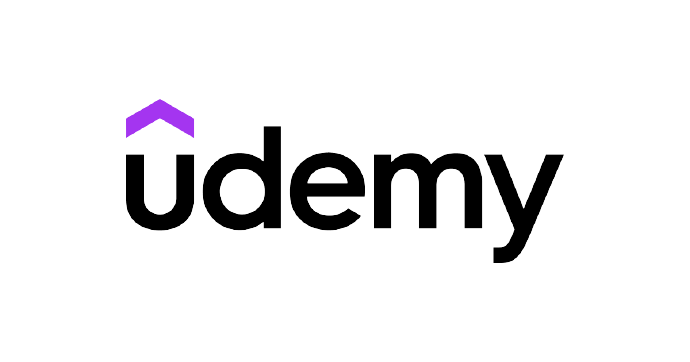लीन सिद्धांतों को लागू करना
Lean is a methodology which has proven to be really effective for managing teams. It is applied in some of the most demanding industries, including software development, manufacturing, construction, and others.
Lean approach which involves application of some five core principles - value identification, value stream mapping, flow creation, pull system establishment, and constant pursuit of continuous improvement - when properly implemented, can yield a remarkable and far-reaching impact in business/manufacturing processes including streamlining processes, eliminating wastes, creating flow, improving efficiencies and driving overall process improvement.
Understanding these principles and how to effectively implement them to achieve organizational transformation is an important key in building a responsive organization where cultural changes are welcomed.
In this article, you will understand these 5 lean principles and how they can be implemented in any organization:
Value identification
The first of these principles of lean is finding the problem that needs to be solved and coming up with a product that becomes the solution. Specifically, the product must be part of the solution that the customer will readily pay for. Any process or activity that does not add value to the final product is considered waste and should be eliminated.
Value stream mapping
Value stream mapping refers to the process of mapping out the company's workflow, including all actions and people who contribute to the process of creating and delivering the end product to the customer or consumer.
Value stream mapping helps managers visualize which processes are led by what teams and identify the people responsible for measuring, evaluating and improving the process helping managers determine which parts of the system that actually add value to the workflow and those that do not.
 Click Here to Download Readymade Editable Toolkits & Templates on Quality Assurance/Quality Control, Lean Six Sigma, Lean Manufacturing, Six Sigma, ISO 9001, ISO 14001, ISO 22000, ISO 45001, FSSC 22000, HSSE, Project Management etc.
Click Here to Download Readymade Editable Toolkits & Templates on Quality Assurance/Quality Control, Lean Six Sigma, Lean Manufacturing, Six Sigma, ISO 9001, ISO 14001, ISO 22000, ISO 45001, FSSC 22000, HSSE, Project Management etc.
Creation of continuous workflow
This requires ensuring that each team's workflow progresses smoothly, thereby preventing any interruptions or bottlenecks that may occur with cross-functional teamwork.
Kanban, a lean management technique that utilizes a visual cue to trigger action, is used to enable easy communication between teams so they can address what needs to be done and when. Breaking the total work process into a collection of smaller parts and visualizing the workflow in this regard helps to facilitate the removal interruptions and roadblocks.
Establishing a pull
Establishing a pull system ensures that continuous workflow remains stable and guarantees that the teams deliver faster and with less effort. A pull system is a technique in lean management that decreases the waste of any production process, ensuring that new work is only started if there is a demand for it, thus providing the advantage of minimizing overhead and optimizing storage costs.
Facilitating continuous improvement
This refers to a variety of techniques that are used to identify what an organization has done, what it needs to do, any possible obstacles that may arise and how all members of the organization can make their work processes better by identifying areas of improvement and implementing meaningful change, seeking the most efficient processes to bring the greatest value to the customer. Lean focuses not on perfection but the pursuit of it through continuous improvement.
 Click Here to Download Readymade Editable Toolkits & Templates on Quality Assurance/Quality Control, Lean Six Sigma, Lean Manufacturing, Six Sigma, ISO 9001, ISO 14001, ISO 22000, ISO 45001, FSSC 22000, HSSE, Project Management etc.
Click Here to Download Readymade Editable Toolkits & Templates on Quality Assurance/Quality Control, Lean Six Sigma, Lean Manufacturing, Six Sigma, ISO 9001, ISO 14001, ISO 22000, ISO 45001, FSSC 22000, HSSE, Project Management etc.
11 HIGHLY RECOMMENDED COURSES IN MANUFACTURING, QUALITY, PRODUCT DEVELOPMENT, OPERATIONS & SUPPLY CHAIN MANAGEMENT ON UDEMY!
Good Manufacturing Practices (GMP)
Certified Manager of Quality & Process Excellence
Manufacturing Operations Management Certification Course
Total Quality Management Certification Course
Supply Chain Management (SCM) MasterClass
Certified Lean Management Professional™ (CLMP™)
Six Sigma for Business and Manufacturing Process Improvement
Product Management Certification Course
Statistical Process Control (SPC) and Data Analysis Course
Quality Assurance for Business and Operational Excellence
Lean Six Sigma Yellow Belt Certification Course

